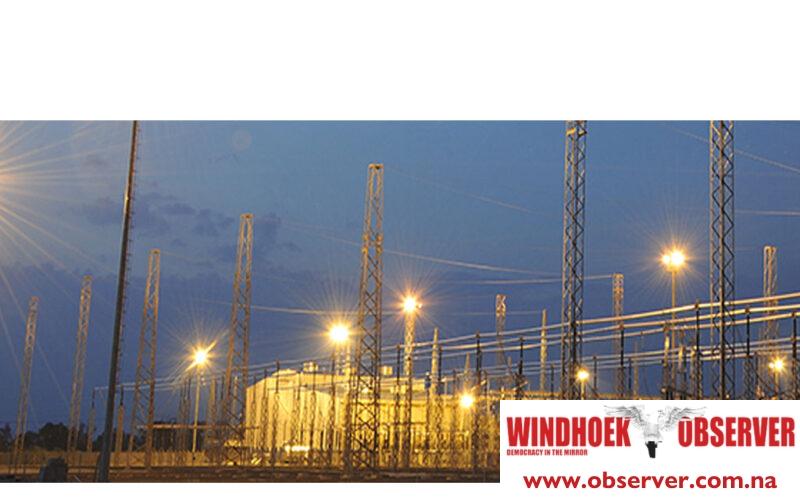Niël Terblanché
The Namibia Power Corporation (NamPower) has concluded the acquisition process of the engineering, procurement, and construction (EPC) contractor for the Omburu Battery Energy Storage System (BESS).
According to Tangeni Kamangula, NamPower’s Manager of Corporate Communication and Marketing, the state-owned utility company is set to sign the contract for the establishment of the BESS project with the Shandong Electrical, Engineering and Equipment Group and Zhejiang Narada Power Source joint venture next Wednesday.
Kamangula indicated that the signing of the contract will officially launch a new aspect of NamPower’s ability to provide electricity to the nation.
The Omburu Battery Energy Storage System (BESS) project in Namibia is a groundbreaking initiative that marks a significant step forward in expanding renewable energy generation facilities.
The project is the first utility-scale BESS in Namibia and the Southern African region and will eventually establish a 58MW / 72MWh battery energy storage system at the Omburu substation in the Erongo Region.
The BESS project is funded through a bilateral cooperation agreement between the German federal government and the Namibian Government.
The project received a substantial grant of N$400 million from Germany’s KfW development bank.
NamPower will contribute around 20 percent of the overall project expenses, covering transmission interconnection and local duties and taxes not covered by the grant funding.
The BESS at Omburu is designed to perform several critical functions for NamPower. These include peak load shifting, energy arbitrage, emergency backup power provision, power plant ramp-rate management, and reactive power control.
Additionally, the system will contribute to the expansion of renewable energy in the region by storing locally generated renewable power and electricity imported from the Southern African Power Pool (SAPP). This process involves charging the battery during off-peak times when costs are lower and discharging the stored energy during peak demand periods.
The project is about enhancing Namibia’s energy storage capabilities and aligns with the country’s broader alternative energy goals.
Namibia aims to source 80 percent of its energy from local sources and has a Renewable Energy Policy target of 70 percent by 2030.
According to earlier statements by NamPower, the Omburu BESS project will be instrumental in achieving these targets, as it will help stabilize the grid, especially with the variable output from solar or wind plants, and enable Namibia to increase its participation in energy trading within the SAPP.
As one of the first utility-scale storage projects in Southern Africa, the Omburu BESS is seen as a flagship project and is expected to provide valuable insights and set a precedent for similar projects in the future.




